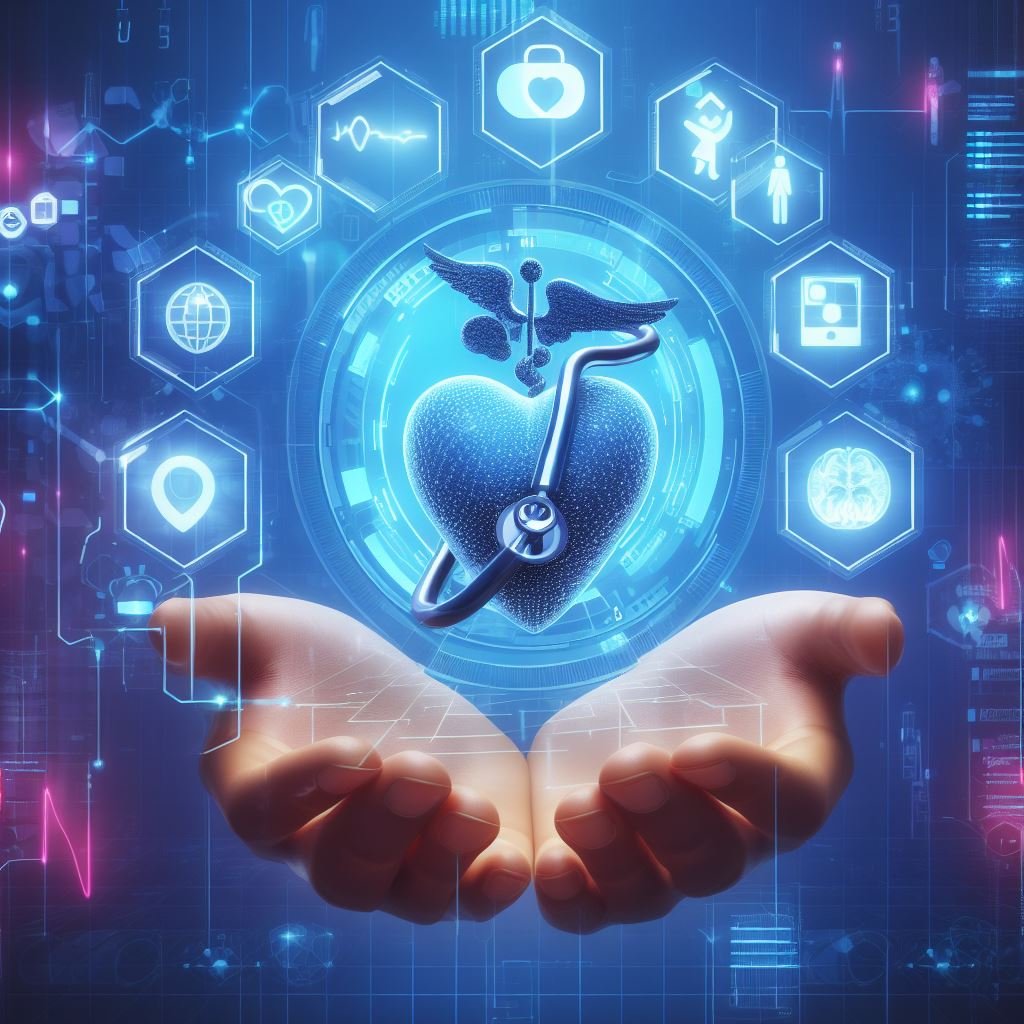Harnessing Data-Driven Healthcare for Achieving Excellence
In today's rapidly evolving healthcare landscape, the absence of a robust data-driven approach has emerged as a significant obstacle to achieving excellence in patient care and medical outcomes. The transformative potential of data in healthcare cannot be understated, as it has the power to revolutionize how medical decisions are made, treatments are administered, and resources are allocated. By addressing the issue of the lack of data-driven healthcare, we can pave the way for a brighter future in medicine.
The current shortfall in leveraging data stems from various challenges, including fragmented data systems, privacy concerns, and a shortage of data literacy among healthcare professionals. However, recognizing these challenges presents an opportunity for innovation and progress.
To overcome these hurdles, healthcare institutions must prioritize integrating data sources, creating a seamless flow of information across various departments. Furthermore, stringent data security measures and compliance protocols should be established to alleviate privacy concerns, fostering patient trust in the process.
Education and training are pivotal in bridging the data literacy gap among healthcare practitioners. Implementing comprehensive data education programs equips medical professionals with the skills needed to analyze and interpret data, enabling evidence-based decision-making at every level of patient care.
The benefits of a data-driven approach to healthcare are manifold. By harnessing the power of data analytics, medical professionals can identify trends, predict outbreaks, personalize treatments, and streamline resource allocation. Real-time monitoring and analysis of patient data can lead to early detection of diseases and more proactive interventions, resulting in improved patient outcomes and reduced healthcare costs.
In conclusion, the absence of a data-driven approach to healthcare hinders the industry's progress toward excellence. By addressing the challenges of fragmented data systems, privacy concerns, and inadequate data literacy, healthcare can transition into a realm where data is a driving force behind informed decisions, innovative treatments, and improved patient care. Embracing a data-driven healthcare model is not just an option; it's a necessity for achieving excellence in modern medical practice.


